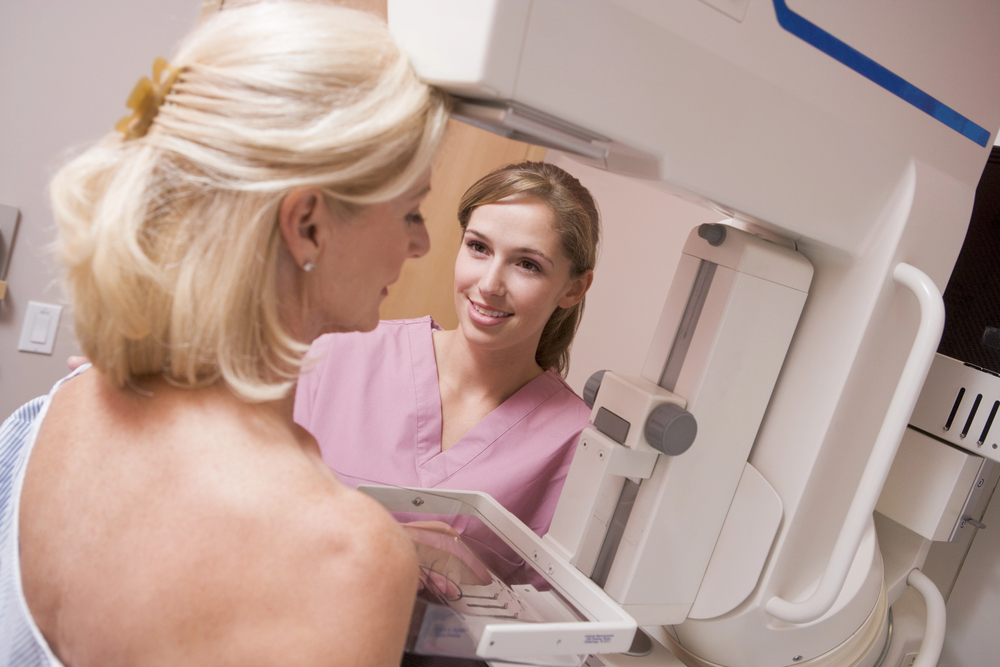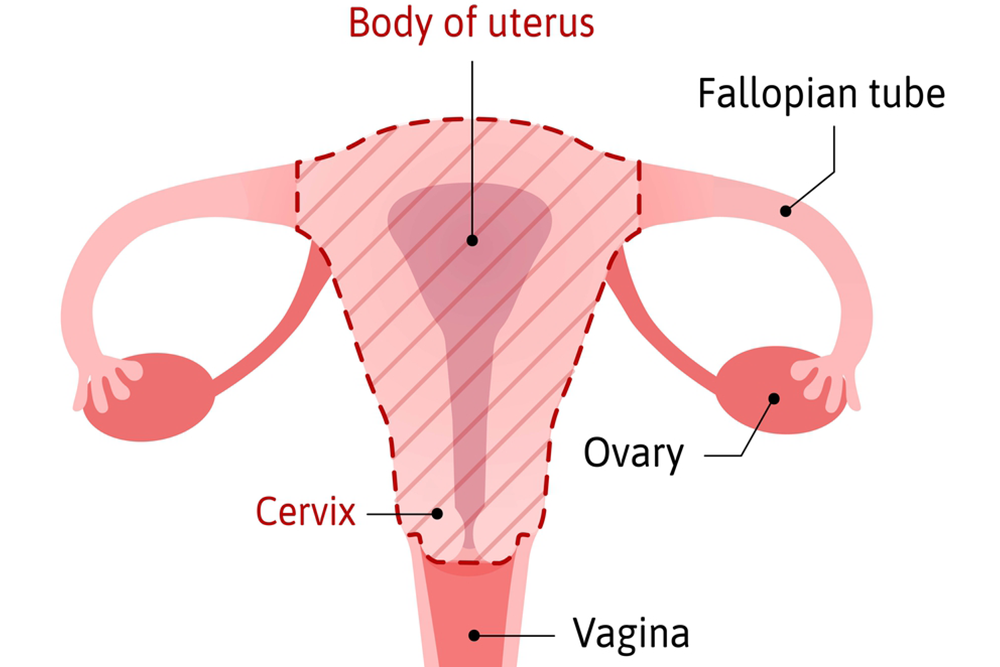
Understanding Your Mammogram Results
Interpreting mammogram results can be an emotional and confusing process for many women. These results...
Read MoreIs your menstrual period normal? It might not be an easy question, but the answer is important. Many women live with abnormally heavy menstrual periods, severe cramps, and other symptoms every month — but treatment can help.
There are many possible causes of heavy menstrual bleeding (like uterine fibroids), and the right treatment depends on your unique health and goals.
At The Women’s Center, our team is dedicated to helping you enjoy your best health. We specialize in radiofrequency ablation for heavy periods, and we’re here to help you find out if this minimally invasive procedure is right for you.
Every woman’s menstrual cycle is a little different. In general, one menstrual cycle lasts 21-35 days, with a menstrual period lasting 2-7 days. On the first day of your period, a new cycle starts.
Few women look forward to their periods each month, but symptoms like heavy bleeding and severe cramps can make you dread it. The good news is that treatment can manage your abnormal menstrual symptoms, and it’s time to learn more about it.
Heavy menstrual bleeding is very common, but only about a third of women seek treatment for their symptoms. You might be living with abnormally heavy periods if:
Heavy bleeding and severe cramps can limit your quality of life, but there’s no reason to suffer every month. Treatment like hormonal birth control can make a big difference. And if you’ve tried conservative options without much relief, radiofrequency ablation could put an end to your discomfort for good.
Up to 70% of women get uterine fibroids during their reproductive years. Fibroids are tumors that grow in the wall of your uterus. They’re almost always non-cancerous.
Although most uterine fibroids don’t cause noticeable symptoms, severe fibroids can cause abnormal vaginal bleeding and pain. Heavy menstrual bleeding, spotting between periods, lower back pain, and pain with sex are all possible symptoms of uterine fibroids.
Fibroids that don’t cause symptoms may not need treatment. But if you have heavy bleeding or other symptoms, we may recommend treatment with medication, surgery, or radiofrequency ablation.
At The Women’s Center, our team specializes in diagnosing and treating gynecologic conditions like heavy periods and fibroids. We do a comprehensive pelvic exam to identify the root cause of your symptoms, then recommend a treatment plan for you.
We take a conservative approach to care, matching your treatment to your needs and goals for the future. Treatment for heavy menstrual bleeding often starts with hormonal birth control or other hormonal medications.
If you’ve tried conservative treatment but you still have heavy menstrual bleeding, pain, and other symptoms, radiofrequency ablation could be a good option for you. It’s a safe, minimally invasive option for women who haven’t found relief with other treatments.
Ablation permanently destroys the endometrium (the lining of your uterus) in one minimally invasive procedure. It greatly reduces or stops your menstrual flow. It’s important to recognize that the procedure may not be right for you. We may advise against ablation if you:
Ablation isn’t a sterilization procedure, but it significantly reduces your chances of getting pregnant. If you want to have a child in the future, ask our team about other treatment options for heavy periods. If your symptoms are due to a uterine fibroid, we may recommend a myomectomy to remove the fibroid while keeping your uterus intact.
Heavy periods can interfere with your life and your happiness, but treatment is available.
Find out more about what’s causing your symptoms and how treatment can help with a consultation at The Women’s Center. Contact us online or call the Orlando, Florida, area office nearest you today.




Interpreting mammogram results can be an emotional and confusing process for many women. These results...
Read More
Hysterectomy, a surgical procedure involving the removal of the uterus, is often considered a last...
Read More
Menopause marks a significant transition in a woman's life, bringing about various changes that can...
Read More